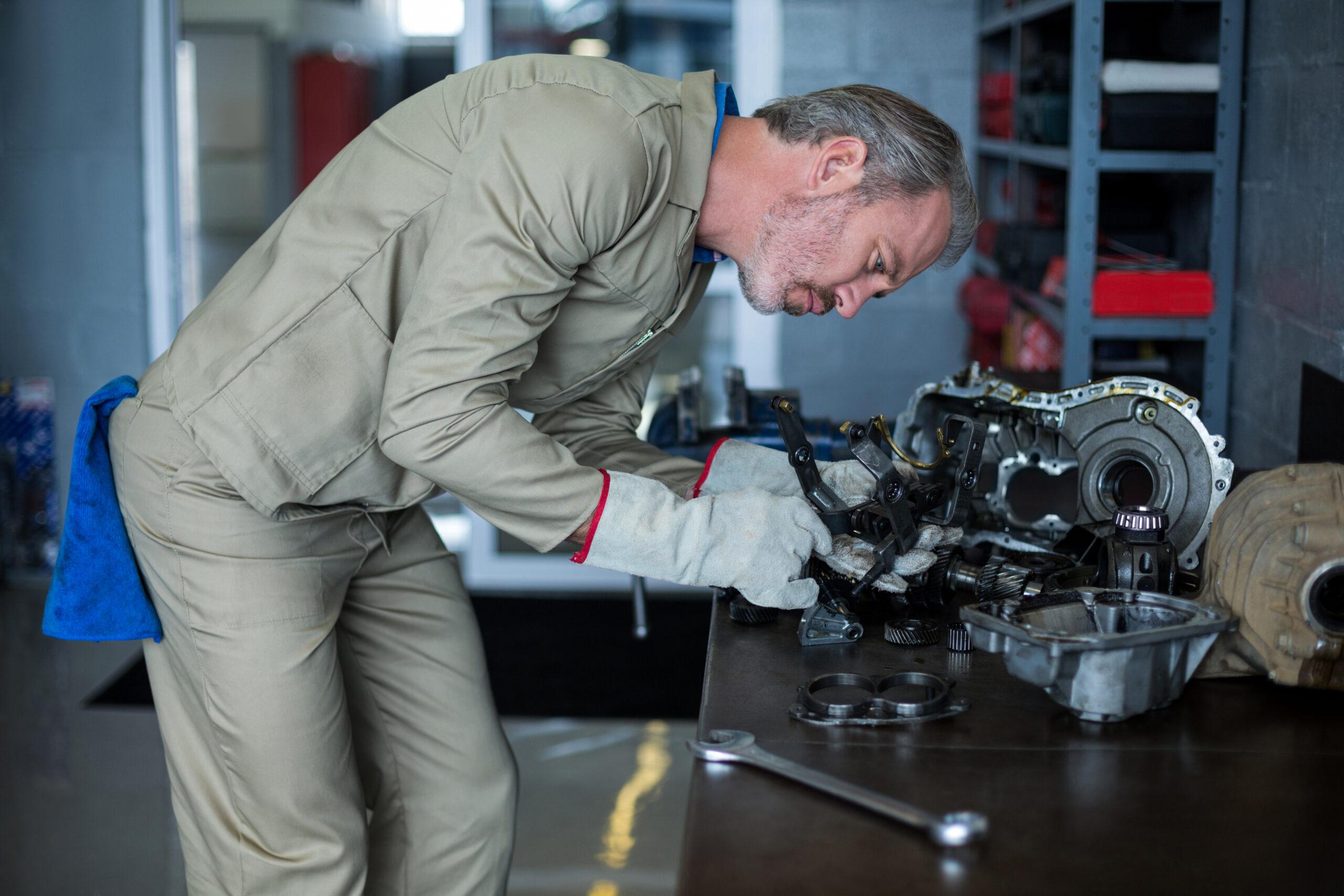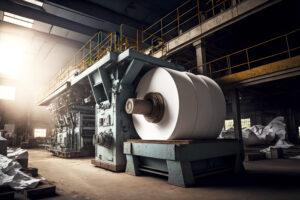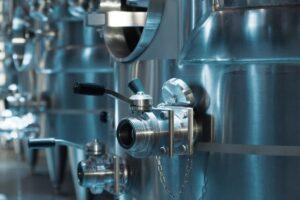
A mechanical seal is designed for different types of industrial systems that work on the principle of avoiding leakages between rotating parts and stationary ones. Commonly used in many types of equipment, like pumps and compressors, these seals form a tight barrier that does not let fluids, gases, or any other granular substances out into the atmosphere. They protect the environment from contamination and waste and prevent serious damage to machinery.
Understanding how a mechanical water pump seal works and how it is maintained are equally important details that any industrial operation needs. Usually, a water pump seal kit provides all the essential components needed for a complete and reliable seal installation. This will involve more productivity, longer equipment life, reduced chances of downtime, and altogether better efficiency. In this paper, we explore very well the principle of mechanical seals, the different types, and how they come to function in different systems.
Whether you are an engineer with several years of experience, or just a curious mind willing to know more about the industrial process, this guide will indeed provide great insight into the world of mechanical seals.
How Does a Mechanical Seal Work?
First, let’s find out what the mechanical seal working principle is. The principle of a mechanical seal pump is to provide adequate contact between the two critical elements of the seal: the rotating seal face and the stationary seal face. The faces are highly flat, designed to fit into each other with good accuracy, thus providing a tight barrier against leakage. When the equipment operates, the rotating shaft moves accordingly, but the seal faces remain in close contact such that fluids, gases, or any other material cannot escape through them.
The effectiveness of this seal is heavily dependent on the quality of contact between the seal faces. Normally, a thin film of lubrication is applied between the faces to reduce friction and wear. This could be the fluid to be contained by the seal or a specially introduced liquid to reduce the friction. The lubrication is paramount because it allows the faces to move smoothly against one another without being damaged and provides a long service life for the seal.
Besides lubrication, mechanical seals in pumps also require cooling systems to operate. Friction develops with the rotation of seal faces, generating heat that can cause the seal to overheat and fail. Cooling systems dissipate heat to keep the seal at operational temperature. It serves either by the circulation of cooling fluid or even the application of a heat exchanger.
The lubrication and cooling systems can work together to keep the seal effective and prevent leaks that will destroy the equipment. These systems can help keep the seal faces in an optimum condition, which is important for a long life, fewer maintenance costs, and reliable running machinery.
Types of Mechanical Seals
Mechanical seals fall into a broad category of applications within the industry and, for the most part, perform much better without leakage compared to traditional packing methods. Let’s consider some mechanical seal types and their special advantages.
Mechanical Seals: Superior Leak Prevention
Traditionally, packing has been a long-serving method in most industries; it is a material wrapped around a rotating shaft just to prevent the fluid from leaking. However, it was gradually replaced by the mechanical seal for the water pump due to its better performance in leak prevention.
Unlike packing, which can wear out in a very short period and allow fluids to seep through, mechanical seals keep a tight, reliable seal between the rotating and stationary mechanical seal parts of the shaft. This not only reduces leakage but minimizes frequent maintenance. Seals, therefore, are more efficient and cost-effective. Using a quality water pump sealer can help extend the life of your pump by preventing leaks and maintaining a tight seal.
Cartridge Seals: Installation and Maintenance Made Easy
Cartridge seals are those types of mechanical seals for water pumps that are preassembled in one unit. Because of such a design, installation becomes quite simpler as alignment of the seal faces is not required in addition to the adjustment of the seal components during the installation process.
Cartridge seals are definitely of great advantage when the object is to reduce downtime to a minimum since these can be installed quite fast and with ease, minimizing the possibility of installation error. Moreover, the cartridge seals are easier to maintain in that they can be removed and replaced as a unit for the sake of ensuring that performance is consistent without taking up much maintenance time.
Single and Double Seals: Versatility and Application
Single seals are the most common variety of mechanical seals and are basically one set of seal faces. They would normally be applied in applications where the process fluid is a good lubricator and leakage is not critical. Seals of this type are relatively straightforward, and inexpensive, and thus find applications in a wide range of general industrial uses.
In a double seal, the seal faces are two sets. They find their application in more hazardous environments where leakage needs to be curbed further, or when the process fluid is too abrasive, toxic, or does not provide enough lubrication to the seal. A double seal will provide greater reliability because it has a backup seal should anything happen to the primary one. Thus, these can be used in more critical applications involving hazardous chemicals or high-pressure systems.
Gas Barrier Seals: High-Performance Sealing for Critical Applications
Gas barrier seals represent a high-performance seal, especially in an environment where leakage of hazardous or valuable gases is undesirable. It is a seal in which a barrier gas, usually an inert gas like nitrogen operates between the sealing faces to achieve different pressures. This barrier gas keeps the process gas inside and avoids leakage. The sealants for gas barriers will find a wide field of application in industries dealing with petrochemical processing, among others, where even minute-sized leakages are fraught with great safety, environmental, or economic consequences. Their ability to keep an airtight seal makes them indispensable in critical applications where precision and safety are paramount.
Each type of mechanical seal has its benefits; each one suits a certain need and environment. It is by comprehending such differences that one should go about selecting the appropriate seal for the right application to ensure perfect performance and durability.
The Vital Role of Mechanical Seals and AMED’s Expert Solutions
Mechanical seals play a critical role in protecting machinery and ensuring the smooth operation of various industrial processes. By preventing fluid leakage, they help maintain the integrity of equipment, reduce the risk of contamination, and minimize maintenance costs. Whether it is in pumps, compressors, or mixers, mechanical seals are essential components that keep operations running efficiently and safely. Timely water pump seal replacement is crucial to prevent leaks and ensure the efficient operation of your water pump.
At AMED-US, we understand the importance of reliable sealing solutions for your industrial needs. Our range of mechanical seals is designed to meet the highest standards of performance and durability. Whether you need a simple single seal or a complex gas barrier seal for high-performance applications, AMED offers a variety of options tailored to your specific requirements.
In addition to providing high-quality seals, AMED also offers comprehensive mechanical shaft seal repair services. Regular maintenance and timely repairs are crucial to extending the life of your seals and preventing unexpected failures. Our expert technicians are equipped to diagnose issues, perform precise repairs, and restore your seals to optimal condition, ensuring continued reliability and performance in your operations.
Don’t leave the safety and efficiency of your machinery to chance. Explore AMED’s comprehensive selection of services and consult with our experts to find the perfect mechanical seals solutions for your unique needs. Let us help you protect your equipment, reduce downtime, and ensure the long-term success of your operations with our expert sealing solutions.










